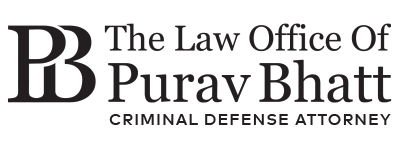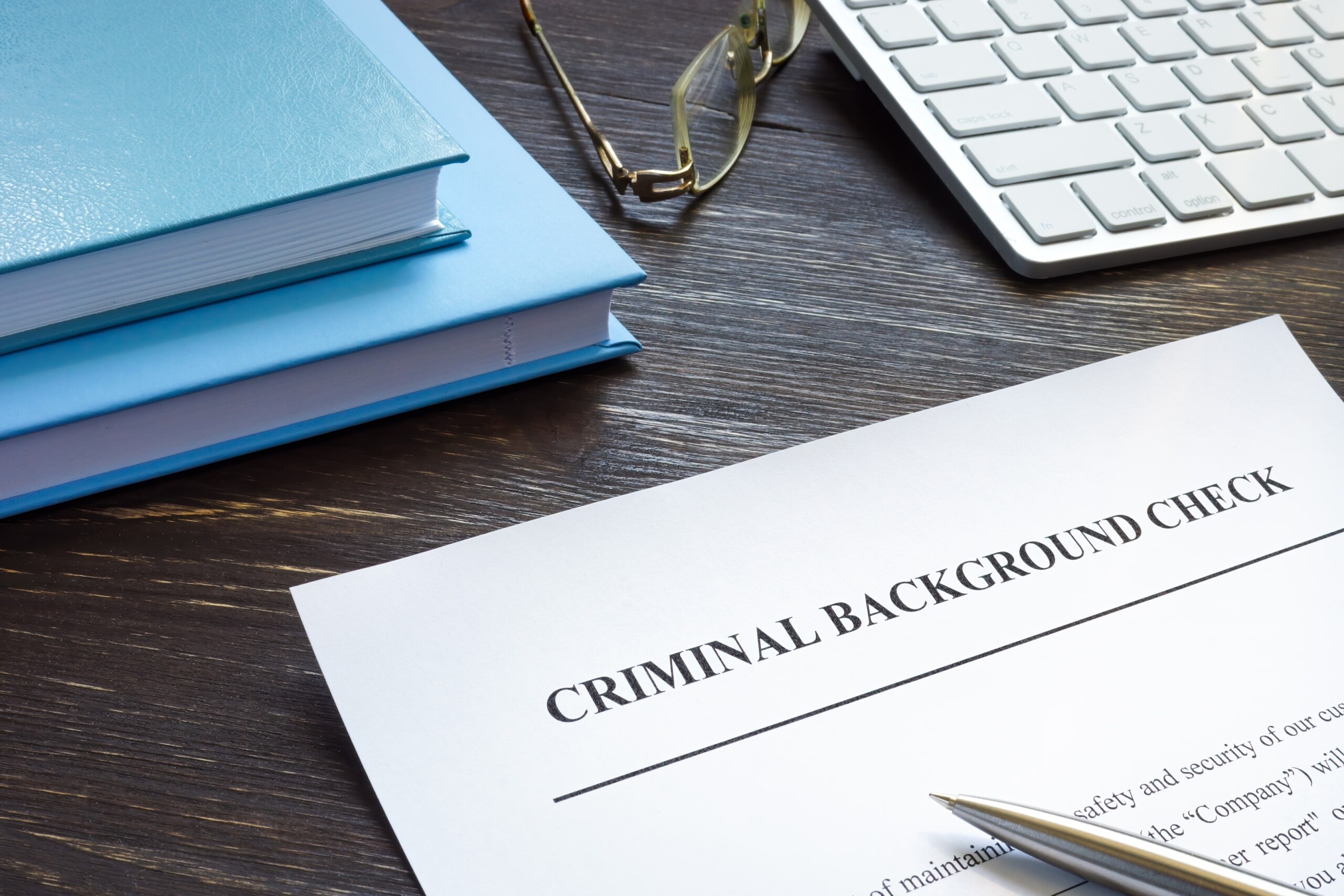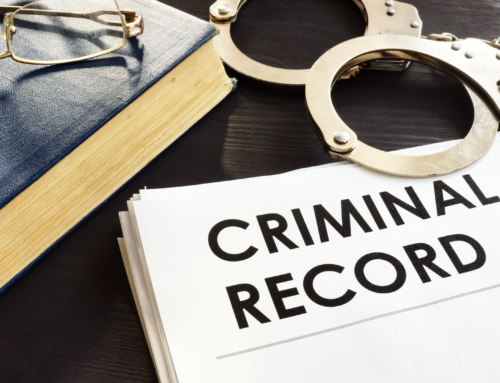The process of expunging a criminal record in Illinois can offer individuals a fresh start, but one of the most common questions people ask is, “How long does it take?” While the answer varies depending on the specific circumstances of the case, understanding the general expungement timeline is crucial.
In this blog, we will break down the steps involved in the expungement process, discuss potential delays, and provide an estimated timeline to help you navigate the journey of clearing your criminal record in Illinois. Whether you’re seeking expungement for a misdemeanor or felony, knowing what to expect can alleviate some of the uncertainty and help you plan ahead.
At The Law Office of Purav Bhatt, we understand that clearing your record is more than a legal procedure—it’s a step toward reclaiming your future. With a thorough understanding of Illinois expungement law and a commitment to personal attention, our team can help you navigate the timeline with clarity and confidence. Contact us today to discuss your eligibility and take the first step toward a clean slate.
👉Also Read: Criminal Records: How a Chicago Expungement Lawyer Can Restore Your Reputation?
Understanding Expungement in Illinois
Expungement is the legal procedure through which a conviction is permanently removed from an individual’s criminal record, effectively destroying the records altogether. Unlike sealing a record, which hides it from public view but retains access for law enforcement, expunging completely eliminates the expunged or sealed record, rendering it inaccessible even to law enforcement agencies. Individuals may seek to expunge or seal their records to ensure a fresh start.
Certain individuals, such as victims of identity theft, can have their arrest records expunged without facing the usual delays, offering immediate relief from the inaccuracies in their criminal records. This demonstrates the flexibility of the expungement process in addressing specific circumstances and the importance of catering to individual needs, including those related to arrests.
The expungement process can vary significantly depending on the nature of the crime and the outcome of the case. Non-violent offenses might be processed more quickly than complex cases involving multiple charges. Understanding these nuances benefits anyone considering expungement or sealing their records.
Eligibility for Expungement
To qualify for expungement in Illinois, individuals must first complete their sentences, including any probation or parole requirements. Additionally, cases that were dismissed or resulted in a not guilty verdict are typically eligible for expungement. The eligibility criteria are stringent and specific.
Not all criminal offenses qualify for expungement. Generally, non-violent crimes are eligible, while serious offenses such as DUI resulting in death or sex crimes are explicitly excluded. Illinois law also prohibits the expungement of most felony convictions, adding another layer of complexity to the eligibility determination. A misdemeanor criminal charge can significantly impact one’s eligibility for expungement, especially if one has been convicted of a serious offense.
Determining eligibility can be complex and often requires professional guidance. An experienced Chicago expungement attorney can navigate these complexities and ensure all requirements are met before proceeding.
👉Also Read: Clearing Your Criminal Record: Are You Eligible for Expungement?
The Expungement Process in Illinois
Expunging a criminal record in Illinois follows a structured legal process, requiring attention to detail and compliance with specific procedural steps. The key phases include filing the petition, undergoing a statutory review, participating in a court hearing if necessary, and receiving the court’s final decision.
1. Filing the Petition
The process begins by submitting a petition for expungement to the circuit clerk in the county where the arrest or charge occurred. This step requires gathering all relevant court documents, completing the required forms, and paying any associated filing fees. Once filed, the petition is assigned a case number and officially entered into the court system.
Accuracy is critical at this stage. Incomplete or incorrect filings can delay the process or result in denial. Petitioners often consult legal counsel to ensure all documentation is in order and filed properly.
2. Review Period
Once the petition is submitted, the State’s Attorney’s Office—and in some cases, the Illinois State Police—has up to 60 days to review it. They may file written objections if there are legal grounds to challenge the request. During this time, the petition remains under review and cannot advance without resolution of any objections.
If objections are filed, the petitioner may need to provide additional documentation or clarification to address the concerns raised.
3. Court Hearing (If Applicable)
If objections are made during the review period, the court schedules a hearing. During this hearing, both the petitioner and the objecting parties may present evidence and arguments. The judge will evaluate the case and determine whether the expungement should be approved or denied based on the law and the facts presented.
The hearing serves as the petitioner’s opportunity to make a final case for clearing the record, particularly if contested.
How Long Does It Take to Expunge a Record in Illinois
The expungement process in Illinois typically takes between three to six months to complete. This timeline includes filing the petition, undergoing the review period, and attending any necessary court hearings. Once the judge approves the expungement, law enforcement agencies may take an additional 60 days to update their records and execute the expungement.
This timeline can vary based on factors like case complexity and any objections raised during the review period in the past. Understanding this helps set realistic expectations for those seeking expungement and a clean slate, making it probable that they will achieve their goals.
Factors Impacting the Timeline
The complexity of the case and the nature of the criminal history are significant determinants of the expungement process duration. More complicated cases often result in longer timelines.
Court backlogs also play a role in extending the process. The number of pending cases can impact how quickly new petitions are addressed. Objections from various agencies can further prolong the timeline, necessitating additional court hearings to resolve disputes.
What Happens After Expungement is Granted
Once the court order for expungement is signed, the records are removed from the public access system and physically impounded by the Clerk of the Circuit Court. Law enforcement agencies, including the Illinois State Police, are mandated to destroy the record expunged records.
The expungement order is also sent to the FBI to update their records. Law enforcement may take up to 60 days to complete the expungement process after the judge grants the petition.
Common Reasons for Delays
While the expungement process in Illinois is clearly defined, various factors can contribute to delays. Understanding these common causes can help petitioners avoid pitfalls and manage expectations:
Incomplete or Inaccurate Documentation
One of the most frequent sources of delay is submitting incorrect, missing, or incomplete paperwork. Any errors in the petition, such as wrong case numbers, missing signatures, or absent supporting documents, can lead to the petition being returned or placed on hold until corrected.
Objections from the State’s Attorney or Law Enforcement
During the 60-day review period, the State’s Attorney’s Office or the Illinois State Police may file objections. These objections may be based on legal technicalities, eligibility issues, or prior convictions that disqualify the petitioner. Addressing these challenges often requires additional documentation or a court hearing, extending the timeline.
Court Scheduling Delays
If a hearing is required, the availability of court dates can become a significant bottleneck. Docket congestion, especially in high-volume counties, may lead to scheduling delays that push the resolution date out by weeks or even months.
Multiple Jurisdictions Involved
If a petitioner has records in more than one county or court district, separate petitions must be filed for each jurisdiction. The timelines and procedures may vary slightly by location, and coordinating between multiple courts can result in longer overall processing times.
Processing Times After Approval
Even after the court grants the expungement, it may take additional time for all relevant agencies—such as law enforcement, court clerks, and background check companies—to update their records. This administrative lag can affect how quickly the record is removed or sealed in practice.
Working with an Experienced Chicago Expungement Attorney
Navigating the Illinois expungement process can be complex, stressful, and filled with procedural hurdles—but with the right legal guidance, you don’t have to face it alone. Retaining an experienced Chicago expungement attorney can significantly improve your chances of success. A knowledgeable attorney will help you determine whether your case qualifies for expungement or sealing, assist in preparing and submitting the necessary documentation, and represent you if a hearing becomes necessary. Accurate paperwork, proper filing, and legal strategy are critical components in avoiding delays and achieving the clean record you deserve.
One of the most trusted names in expungement law in Illinois is The Law Office of Purav Bhatt. Attorney Purav Bhatt, a former Cook County State’s Attorney, brings years of prosecutorial and defense experience to the table. His deep understanding of Illinois’ expungement and sealing statutes makes him uniquely qualified to handle even the most nuanced cases.
Whether you were arrested without conviction or are seeking to expunge or seal eligible felony or misdemeanor offenses, Mr. Bhatt offers the clarity and legal insight necessary to pursue a successful outcome.
👉Also Read: Navigating The Complexities of Criminal Charges: Choose a Skilled Defense Lawyer in Chicago
Why Choose The Law Office of Purav Bhatt for Your Expungement Case?
Comprehensive Understanding of the Illinois Expungement System
Attorney Purav Bhatt has an in-depth knowledge of how arrest records, court dispositions, and law enforcement databases operate in Illinois. He can quickly assess whether your case qualifies for expungement or sealing and help you understand the potential outcomes. From Cook County to Will, Kane, and DuPage Counties, attorney Purav Bhatt has helped individuals throughout the Chicago area move forward from past legal issues.
Experience That Works in Your Favor
As a former prosecutor, attorney Purav Bhatt knows how state attorneys evaluate expungement petitions and what arguments are most persuasive in court. This unique perspective allows him to anticipate objections, present strong counterarguments, and advocate effectively on your behalf.
Hands-On Support and Meticulous Case Preparation
The legal team at The Law Office of Purav Bhatt handles all aspects of the expungement process—from reviewing your criminal history and preparing the petition, to representing you in court if needed. They ensure that every detail is addressed, reducing the risk of your petition being delayed, denied, or returned due to clerical or procedural errors.
Clear Benefits for Your Future
Even if you were never convicted, an arrest can remain on your record and create barriers to employment, education, housing, and financial opportunities. Expungement or sealing can help you reclaim your reputation and move forward with greater confidence and peace of mind. With your record cleared, you can legally state that you have not been arrested or convicted, in most cases.
Personalized Legal Service from a Trusted Advocate
Attorney Purav Bhatt understands that each client’s situation is different. Whether you are seeking to expunge a minor offense, a dismissed charge, or a qualifying non-violent felony, he offers personalized guidance tailored to your background and goals. His focus is not only on winning your case, but also on empowering you to rebuild your life with a clean slate.
Take Control of Your Record—Contact Us Today
At The Law Office of Purav Bhatt, we recognize how a criminal record can hold you back, even if you were never convicted. Our goal is to help you move beyond your past and toward a more secure future. Whether you are seeking expungement, sealing, or a pardon, attorney Purav Bhatt and his team are prepared to advocate for your second chance.
Don’t let your past define your future. Call us at 773-791-9682 or contact us online to schedule a consultation with a leading Chicago expungement lawyer and start the process of clearing your name today.




